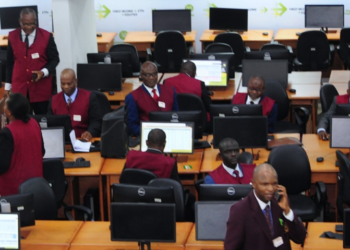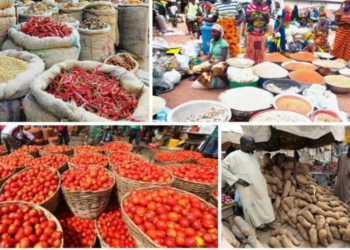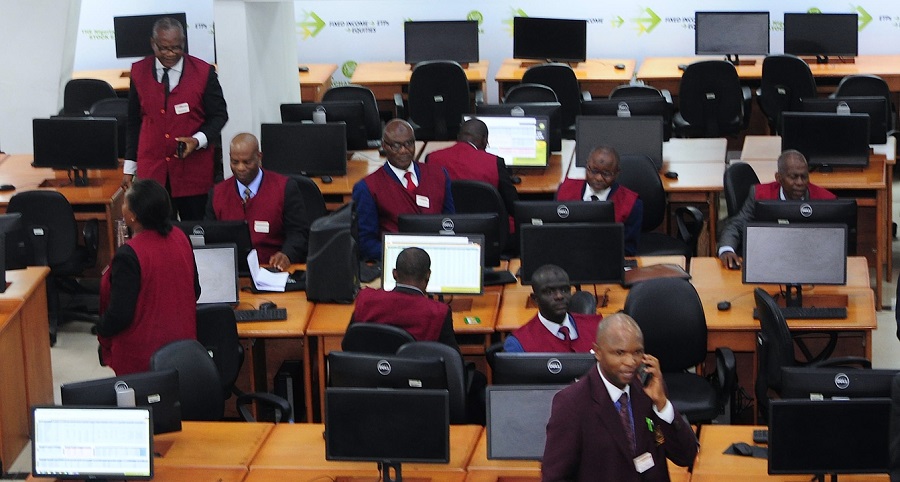Nigeria does not currently have enough buffers to withstand the shocks of the global recession which the International Monetary Fund (IMF) recently projected will happen post Covid-19. This was disclosed by Bismarck Rewane, the Chief Executive Officer of Financial Derivatives Ltd.
Speaking to CNBC Africa during the station’s Power Lunch West Africa programme, Rewane explained that Nigeria is broke and that the situation has left the country in a rather precarious financial position as far as dealing with the looming recession is concerned. He also pointed out that unlike in 2008 and 2016 when the country had enough buffers to cushion the effects of the recessions recorded in those years, the same cannot be said for the Nigeria of 2020.
READ ALSO: Moody’s affirms B2 rating for Nigeria, maintains negative outlook
He, however, expressed optimism that the country will be able to quickly recover from the recession, but on the proviso that the President Buhari-led government will be ready to adjust to the structural changes which the IMF has recommended. Rewane said:
“I think the IMF projection is realistic in the sense that it’s not just Nigeria but there’s a global recession. But Nigeria in 2020 has buffers that are much less than it had in 2016 and much more less than it had in 2008. Therefore, the ability to withstand the shock, which were never anticipated at this point in time, is actually limited. To a large extent and in reality, Nigeria is in a very weak position.
“Having said that, the IMF is looking at a quick recovery; assuming that Nigeria will make some structural changes that are more than required at this point in time.”
READ MORE: Fitch downgrades Nigeria’s IDR to “B”, says CBN’s remedial policy not enough
The Economist also commented on Moody’s latest affirmation of its negative outlook for Nigeria’s B2 long-term issuer rating, as well as the country’s senior unsecured loan rating. According to him, Moody’s and other rating agencies based their affirmations on the likelihood that Nigeria may default on its loan obligations. Considering the fact that much of Nigeria’s revenue comes from oil sales, and also bearing in mind what is happening in the global oil sector, there is a high possibility that loan defaults are inevitable for the country.
“When you look at our dependence on oil and the sharp fall in the price of oil and the output cuts as well, you find that our revenues are very vulnerable. To that extent, there’s the likelihood that there could be a default, even though as much as it may be is what the ratings agencies have suggested. The IMF, on the other hand, is looking at the broad picture; looking at growth, looking at inflation, looking at the ability to come out of this without massive unemployment and corporate mortality,” Rewane said.
He added that the Nigerian government is taking the current economic situation very seriously and is taking the necessary actions to mitigate its impacts. On the fiscal side, the country is seeking to borrow about $6.9 billion from multilateral lenders like the World Bank and the IMF. The loan is expected to help the country to meet the fiscal gap of about $14.4 billion which has been created by the Coronavirus pandemic.
You may watch the rest of the interview by clicking here.
























